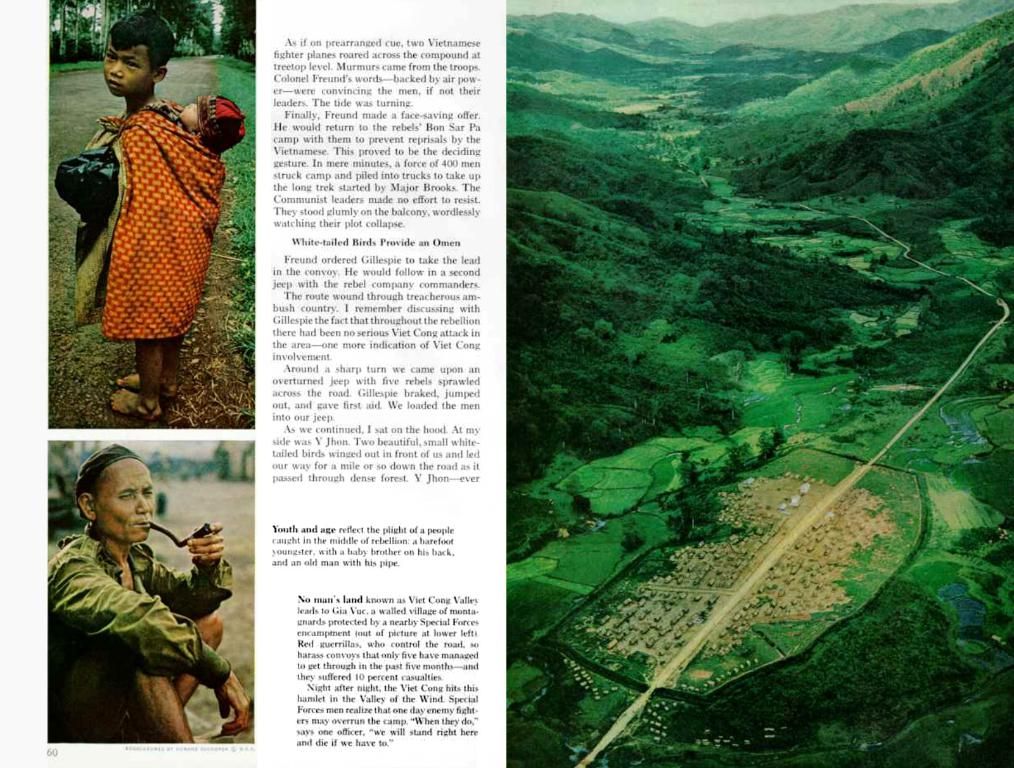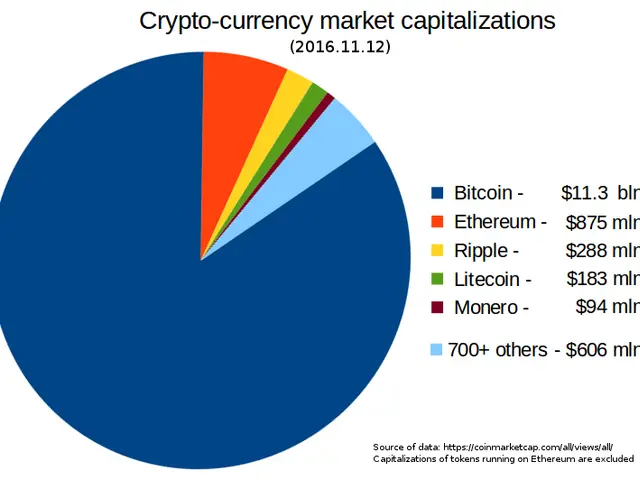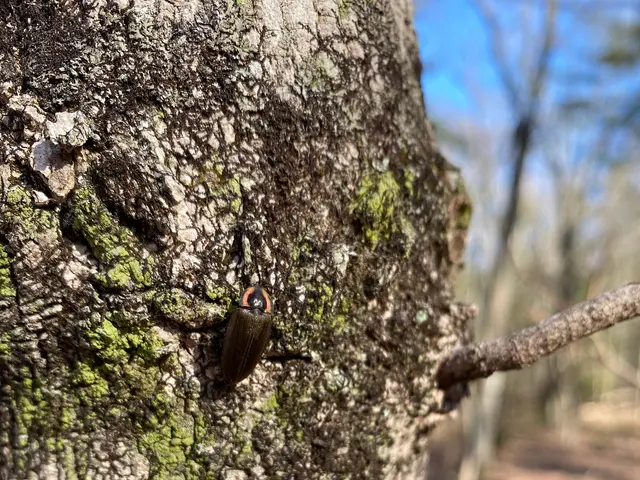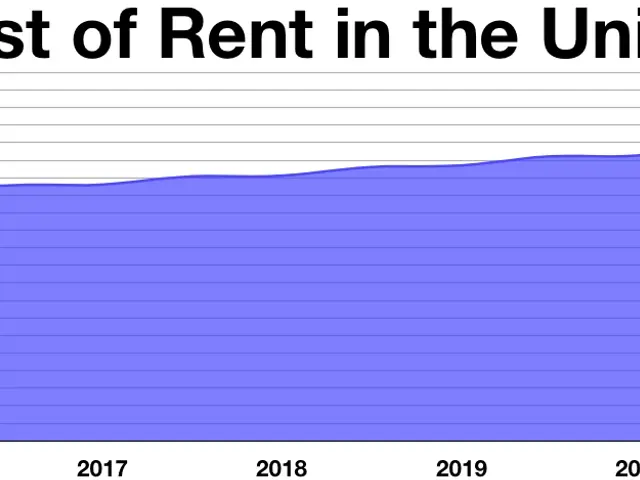Greek archipelago with abundance of corals seeks benefits from trawler prohibition.
In a remote corner of the Aegean Sea, a mere 1,500 residents eagerly cast their lines, yearning for fresh catches that have been scarce in the past. This island chain, battered by the unrelenting Mediterranean sun, is home to some hardy fishermen, like the grizzled 76-year-old, whose weathered skin tells tales of countless hours spent on the water.
"Today, it was just me and another fella, and by some luck, we snagged a few fish," he shared with AFP, his voice carrying a hint of hope amidst the struggles. "Yesterday, not a dime. Sometimes, we can't even afford a meal."
But things could soon change for the better. Last month, the Greek government put a stop to bottom trawling in the seas surrounding the archipelago, protecting the newly discovered coral reefs buried beneath the waves.
Greece is set to become the first European nation to outlaw bottom trawling in marine parks by 2026, and in all protected marine areas by 2030. Fishing is allowed in most protected marine areas worldwide, even by destructive trawlers that ravage the seabed with their massive nets.
"Finally!" cried out fisherman Mytikas when told of the ban. "They've ravaged the sea. They plow the seafloor and lay waste to everything."
Vaggelis Markakis, a fellow fisherman of 58, compared the trawlers to bulldozers, fearing that halting their advance would bring the sea back to life and fill it once more with an abundance of fish.
Scientists have documented over 300 species living in the deep, dark abyss of these waters, thriving under minimal light. These extraordinary habitats, often referred to as underwater forests, are teeming with life, from the vibrantly red gorgonians to the black corals. But these ecosystems are extremely sensitive, with a single trawl pass enough to obliterate entire communities.
"Once destroyed, these forests may take decades or even centuries to recover," warned Stelios Katsanevakis, a professor of oceanography.
Bramanti, a marine scientist, called for Greece to set an example for other Mediterranean countries by banning bottom trawling around Fournoi. "We must act quickly, because these are among the last untouched ecosystems still standing in the face of climate change," he urged.
Industrial fishing professionals remain unconvinced, arguing that restrictions on their activities are excessive. With around 220 bottom trawlers in Greece, they claim to have been snubbed from any discussion on the matter. "Decisions are made based on reports from volunteer organizations with questionable scientific backing," they complain.
As global pressure mounts on trawling, the issue is expected to be discussed at the upcoming United Nations Ocean Conference in Nice. The future of this antiquated practice hangs in the balance, as consumers and the environment alike brace for its potential demise.
[1] Source: archipelago.gr/projects/sea-floor-mapping/[2] Source: archipelagos.org/en/what-we-do/conservation/no-trawl-zones/[3] Source: sciencedirect.com/science/article/pii/S0960148117306932[4] Source: ncsceas.ucsb.edu/manage/resources/docs/essay_4.pdf[5] Source: theconversation.com/bottom-trawling-endangers-the-greek-sea-and-its-biodiversity-80978[6] Source: mainews.waste360.com/editorial/greek-governments-environmental-win-stirs-fishing-community-backlash-9884781/
[Enrichment Info: The practise of bottom trawling is causing significant damage to coral reefs and other marine ecosystems. The Greek government is taking steps to protect the marine life in the Fournoi Archipelago through a ban on bottom trawling. This is an essential move to conserve the biodiversity in these areas. However, some industrial fishing professionals disagree with the restrictions, stating that the decisions are not based on scientific evidence.]
- Environmental scientists are expressing concern over the damage caused by the practice of bottom trawling, as its ravaging effects on marine ecosystems, such as coral reefs, have been extensively documented.
- With the Greek government set to outlaw bottom trawling in marine parks by 2026 and all protected marine areas by 2030, the country hopes to set an example for other Mediterranean nations in addressing climate change and protecting their biodiversity.
- As global debate surrounding the sustainable use of energy resources concentrates on renewable energy sources to combat climate change, the potential demise of the bottom trawling industry could signal a shift in the finance industry, encouraging investments towards alternative, more eco-friendly energy solutions.







